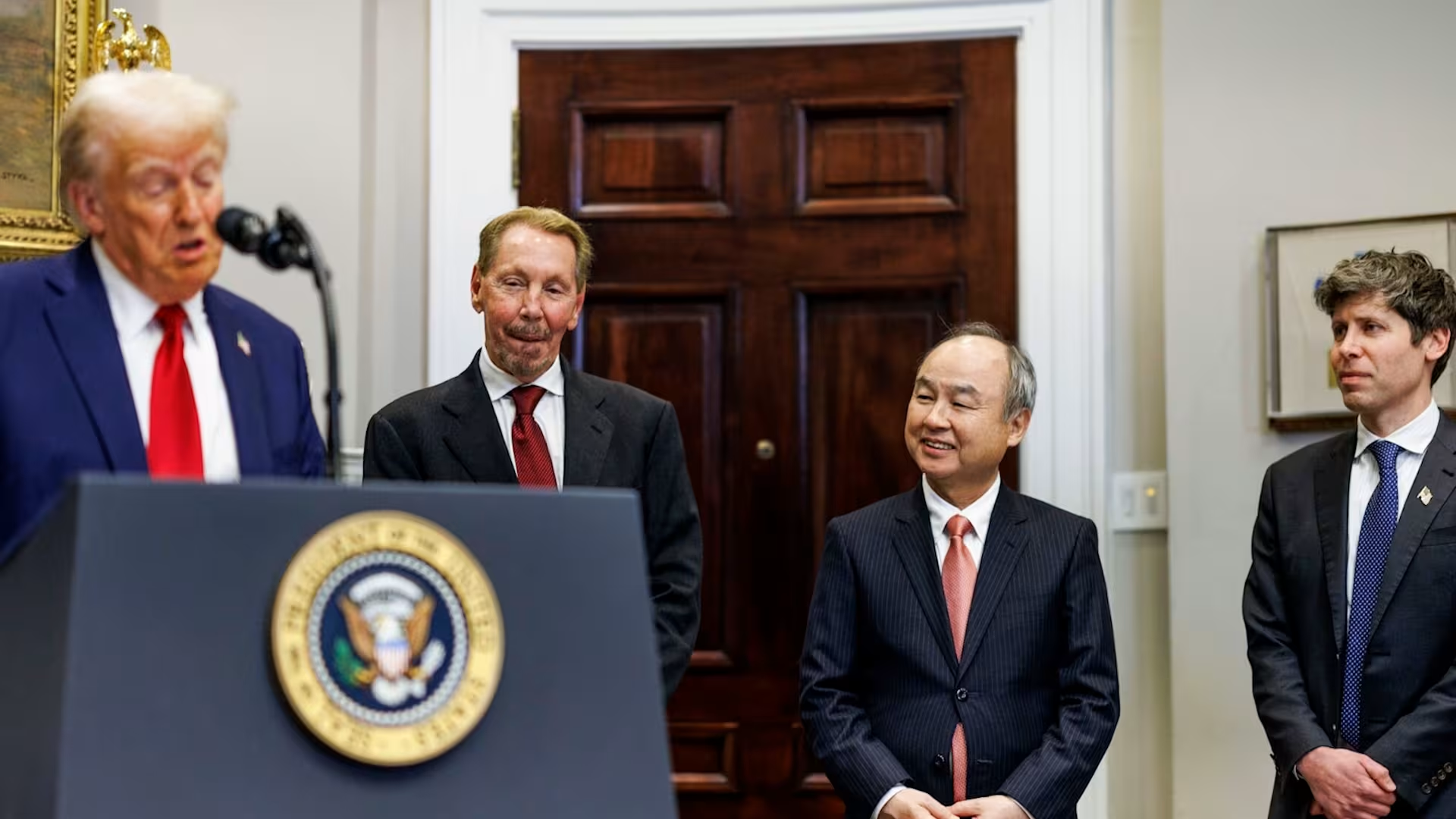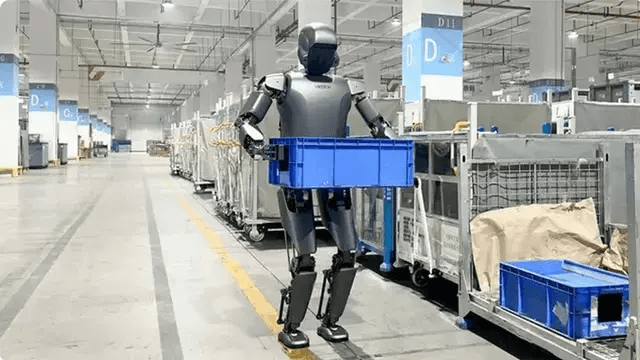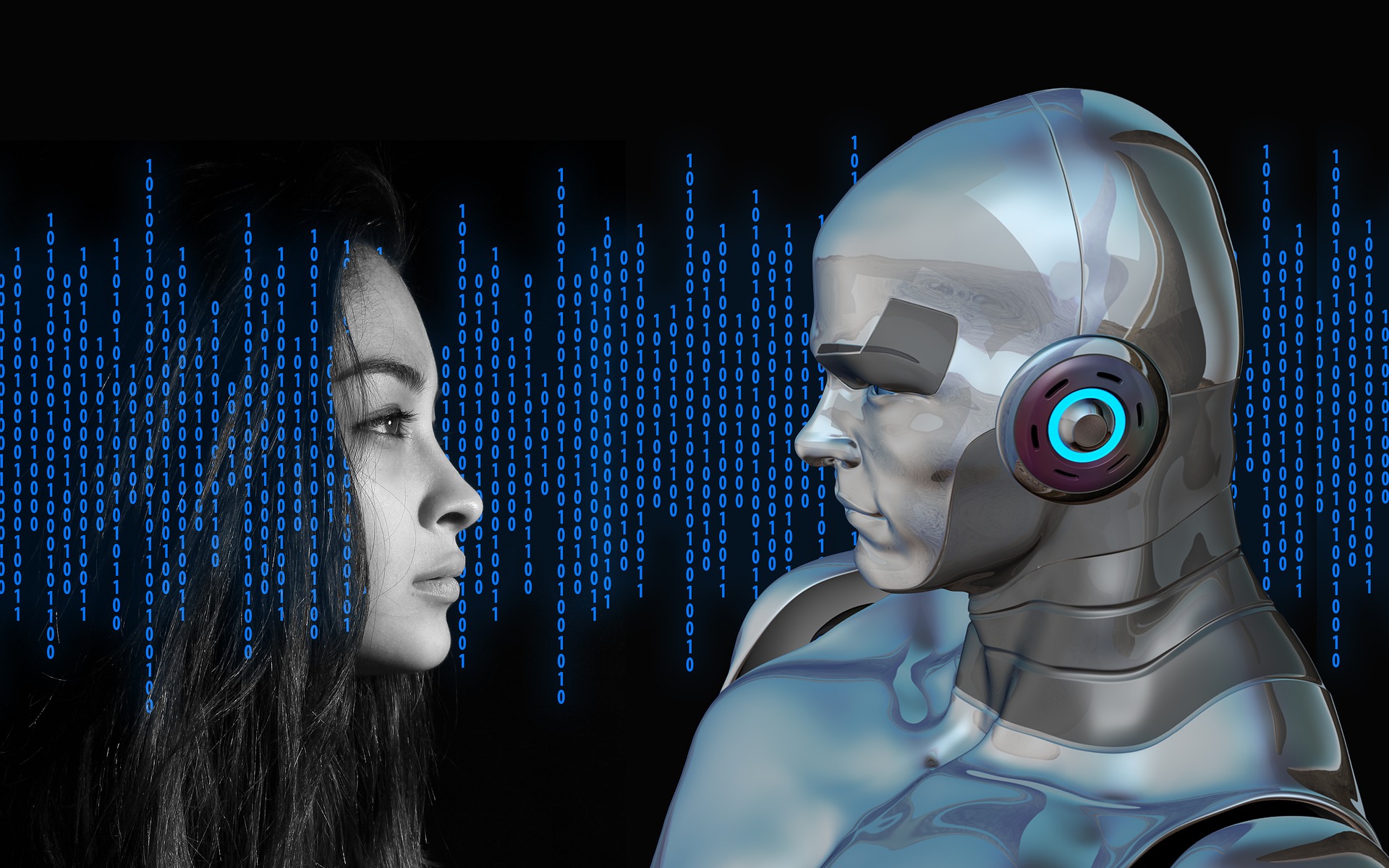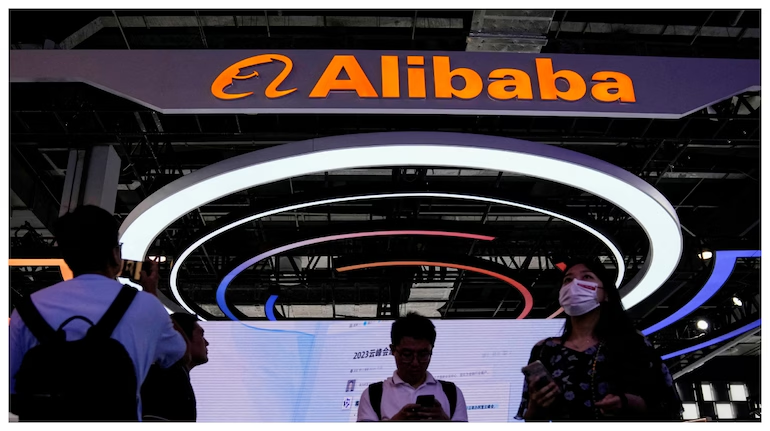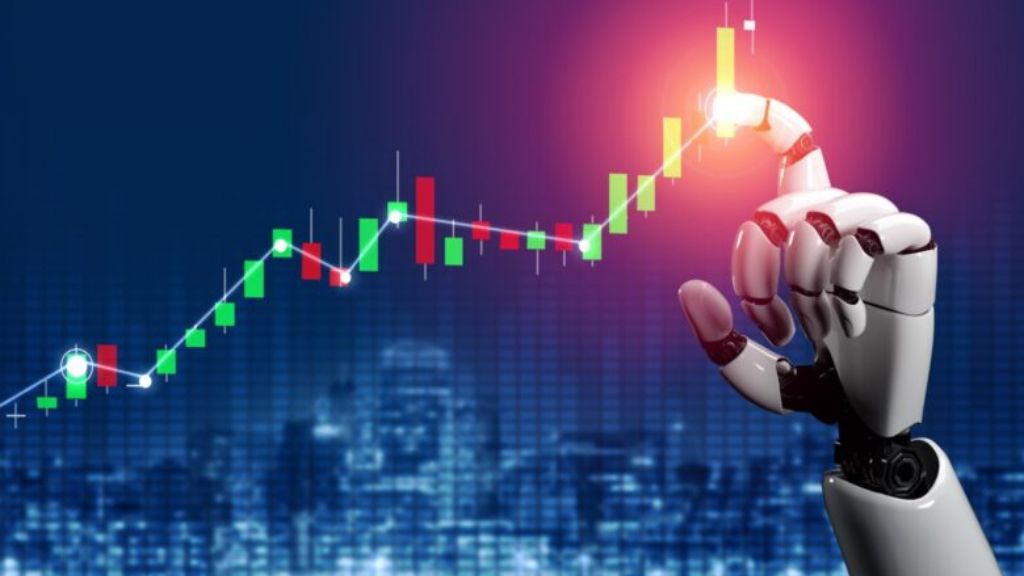
In the financial world, where split-second decisions can mean the difference between profit and loss, artificial intelligence (AI) has emerged as a revolutionary tool. The implementation of AI in trading and investing not only enhances decision-making processes but also reshapes how markets operate, offering both individual investors and large institutions new strategies for managing and growing their portfolios.
The Rise of AI in Financial Markets
The integration of AI into trading began with algorithmic trading, where predefined instructions for trading based on timing, price, and volume were executed automatically by computers. This evolution progressed to more sophisticated AI applications:
- Algorithmic Trading: AI algorithms analyze vast datasets to execute trades at optimal times, often faster than humanly possible. This includes high-frequency trading (HFT), where AI systems can execute thousands of orders at lightning speeds, capitalizing on minute price discrepancies.
- Predictive Analytics: Machine learning models are used to forecast market trends by analyzing historical data, news, social media sentiment, and even macroeconomic indicators. These models learn from past market behaviors to predict future movements, helping investors to make data-driven decisions.
- Risk Management: AI tools assess risk by predicting potential market downturns and volatility, allowing for dynamic adjustment of investment strategies. This includes using AI to optimize portfolio diversification and manage asset allocation to minimize risk while maximizing returns.
- Sentiment Analysis: By processing natural language from news articles, social media posts, and financial reports, AI can gauge market sentiment, which often precedes market movements. This can guide traders in deciding when to enter or exit positions.
- Personalized Investment: Robo-advisors, powered by AI, provide personalized investment advice based on an investor’s risk tolerance, financial goals, and market conditions. They automate the portfolio management process, which was traditionally labor-intensive.
Case Studies of AI Implementation
- Global Investment Firms: Companies like BlackRock have developed platforms that utilize AI to build thematic investment baskets quickly, reducing the time and effort required to analyze and act on emerging market trends.
- Retail Trading Platforms: Platforms have introduced AI-driven tools that not only suggest trades but also execute them based on real-time data analysis. This democratizes sophisticated trading strategies, making them accessible to retail investors.
- Hedge Funds: Many hedge funds now leverage AI to find non-obvious correlations and patterns in data that human analysts might overlook, leading to the development of unique trading strategies.
Challenges and Ethical Considerations
Despite its advantages, AI in trading isn’t without challenges:
- Data Integrity and Bias: The quality of AI decisions is only as good as the data it processes. Biased or poor-quality data can lead to flawed predictions, potentially causing significant financial losses.
- Regulatory Hurdles: As AI systems can trade at superhuman speeds, they raise concerns about market stability and fairness. Regulatory bodies are still adapting to these technologies, aiming to prevent issues like flash crashes.
- Over-reliance on Technology: There’s a risk that investors might overly depend on AI, potentially ignoring fundamental analysis or human intuition, which sometimes captures nuances that AI might miss.
- Ethical Investment: AI can optimize for profit but might not naturally align with ethical or ESG (Environmental, Social, Governance) investment criteria unless specifically programmed to do so.
The Future of AI in Trading
The trajectory for AI in trading and investing points towards more integration:
- Enhanced Predictive Models: With advancements in machine learning, particularly in areas like deep learning, AI systems will become better at predicting not just market trends but also anomalies and rare events.
- AI-Driven Customization: Investors will increasingly expect AI systems to provide hyper-personalized services, adjusting to real-time life events or changing financial goals.
- Blockchain and AI: The combination of AI with blockchain technology could lead to transparent, automated, and secure trading platforms, reducing fraud and operational costs.
- Ethical AI: There will be a push towards AI systems that can incorporate ethical considerations into their decision-making processes, aligning with growing investor interest in sustainable and responsible investing.
As AI continues to evolve, its role in trading and investing will likely expand, offering unprecedented capabilities to anticipate market shifts, manage risks, and execute strategies with precision. However, this advancement calls for a balanced approach where human oversight ensures that AI remains a tool for enhancement rather than a complete replacement for human judgment.

